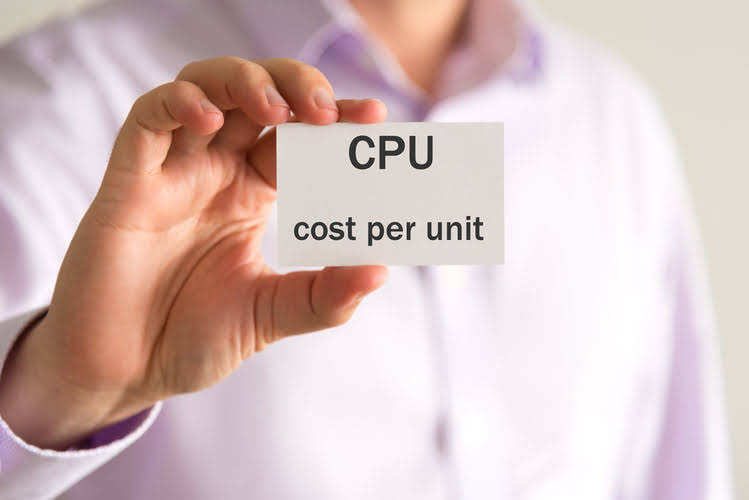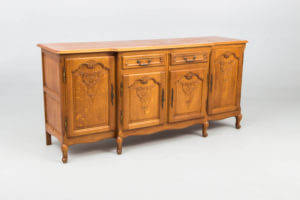
Miscellaneous business expenses are business deductions that don’t Bookkeeping for Veterinarians fit into a category listed on an IRS tax form. These expenses relate to costs incurred by employees while performing their duties that are not reimbursed by their employer. Examples include required uniforms, professional dues, and certain travel expenses. Under the Internal Revenue Code (IRC) Section 162, these expenses must be both ordinary and necessary to qualify.
What is Payment Analytics & How to Make the Most of It

Understanding what qualifies as a miscellaneous expense helps businesses categorise and track these small, irregular costs more accurately. Typically, these expenses are minor and unpredictable, arising in various forms, and don’t directly support core business activities. Despite their modest size, they add up and must be managed accurately to prevent budget overruns and maintain clean financial records. Miscellaneous expenses can easily slip through the cracks, impacting both budgeting and tax reporting. You would have miscellaneous expenses not only in your business life but also in terms of your personal life that never existed in your budget before.
Account

Cutting back on these costs can give you extra money to invest in other areas. Advertising costs, franchising fees and internet-related expenses, such as domain registration, adjusting entries are deductible too. You can also write off the cost of hiring a lawyer, accountant or other professionals, notes the IRS. Lobbying expenses, demolition expenses and anticipated liabilities are not deductible. The term “miscellaneous expense” means different things to different people, depending on the context.
Office Supplies and Subscriptions
- The solution was a dedicated “System Transition” category with a sunset date, ensuring these costs would be properly tracked without contaminating the true miscellaneous spending.
- In India, knowing where every rupee goes helps your business stay strong and ready to grow.
- For example, protective items like steel-toe boots for construction workers or hard hats for electricians would qualify.
- Gym memberships, for example, are an essential expense for athletes and active people engaging in regular exercise.
- This isn’t something that I can use on my income tax return, but an place to keep track of expenses that don’t fall into any other category.
Set a miscellaneous expense threshold of 3-5% of your operating budget, with automatic reviews triggered if this percentage creeps higher. For a small business, a $50 purchase might be classified as miscellaneous, while larger enterprises might set thresholds of $200 or more before creating dedicated expense categories. Miscellaneous expenses don’t qualify as assets because they don’t bring any future economic advantage, nor are they liabilities, as they don’t represent future financial obligations. They’re expensed in the period in which they are incurred, directly affecting the net income of the business. Businesses can deduct the amortized portion of the premium each year, which reduces the taxable interest reported on their tax return.

Club Dues and Membership Fees

Whether it’s mileage trackers for vehicles, automated bank feeds, or scanning apps that capture receipts, a variety of helpful tools exist. Link these to accounting software to simplify recording costs for easier tax prep. The key is that these are discrete, miscellaneous expenses examples non-recurring expenditures outside the normal marketing budget.
Does FreshBooks automatically import expenses?
- When I make up our family budget, I always leave a column for miscellaneous expenses.
- They are not considered itemized deductions and, therefore, reduce the taxpayer’s gross income directly.
- The deductible amount is subject to the federal per diem rate, which is the maximum allowable for meals, lodging, and incidental expenses.
- Reservists who travel more than 100 miles away from home for duty can deduct travel-related expenses, including lodging, meals, mileage, parking fees, and tolls.
- Similarly, some expenses may shrink over time, in which case the accounts in which they are stored can be eliminated, and these expenses shifted into the miscellaneous expense account.
- Eligible small business owners can deduct the cost of certain depreciable assets over several years.
The IRS requires these expenses to be directly tied to a job search within the same line of work and itemized on Schedule A of Form 1040. Maintaining detailed records, such as receipts and mileage logs, is crucial to substantiate these expenses. Budgeting for miscellaneous expenses provides a cushion for any unexpected costs that don’t fit into the standard categories of labor, materials, and overhead expenses. Plus, many miscellaneous expenses are tax-deductible, so it’s important to keep track of them in your expense management process. Miscellaneous expenses are small transactions and costs that do not fit within the ledgers’ specified accounts or a specific tax category.
- The list of the most common nondeductible business expenses is short, but it includes items like political or lobbying expenses, fines, and penalties.
- Businesses keep various types of journals and ledgers for accounting purposes and financial record-keeping.
- Qualifications for deducting some expenses are complicated, and some expenses may need to be amortized or depreciated over time rather than being deducted as expenses in a single year.
- Properly tracking and categorising these expenses helps businesses manage their finances precisely, ensuring these seemingly small expenses don’t add up to big surprises.
AP automation provides better tracking, enforces documentation requirements, surfaces spending patterns, and can suggest appropriate categorization based on historical data. They typically appear under “Operating Expenses” or “Selling, General & Administrative Expenses” on income statements. There’s a sweet spot between excessive categorization (creating a new expense type for every minor variation) and sloppy lump-summing (throwing too many unrelated expenses into “miscellaneous”).
